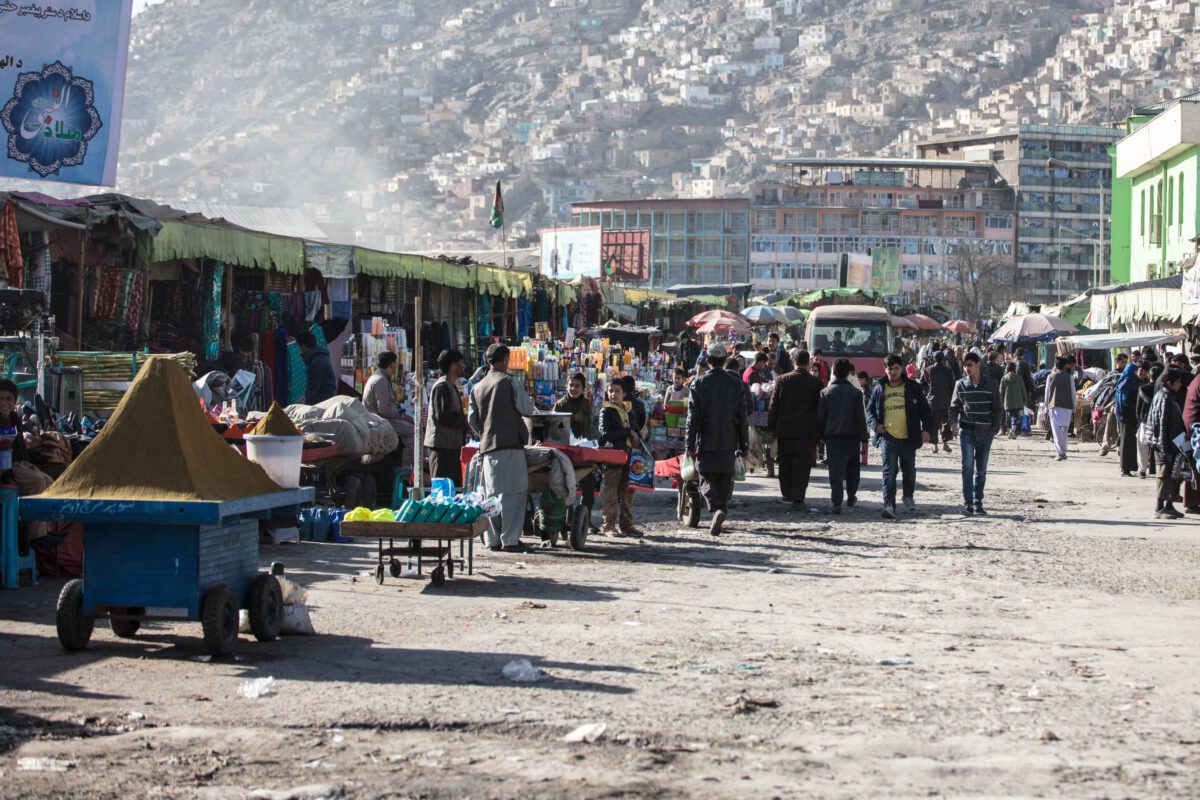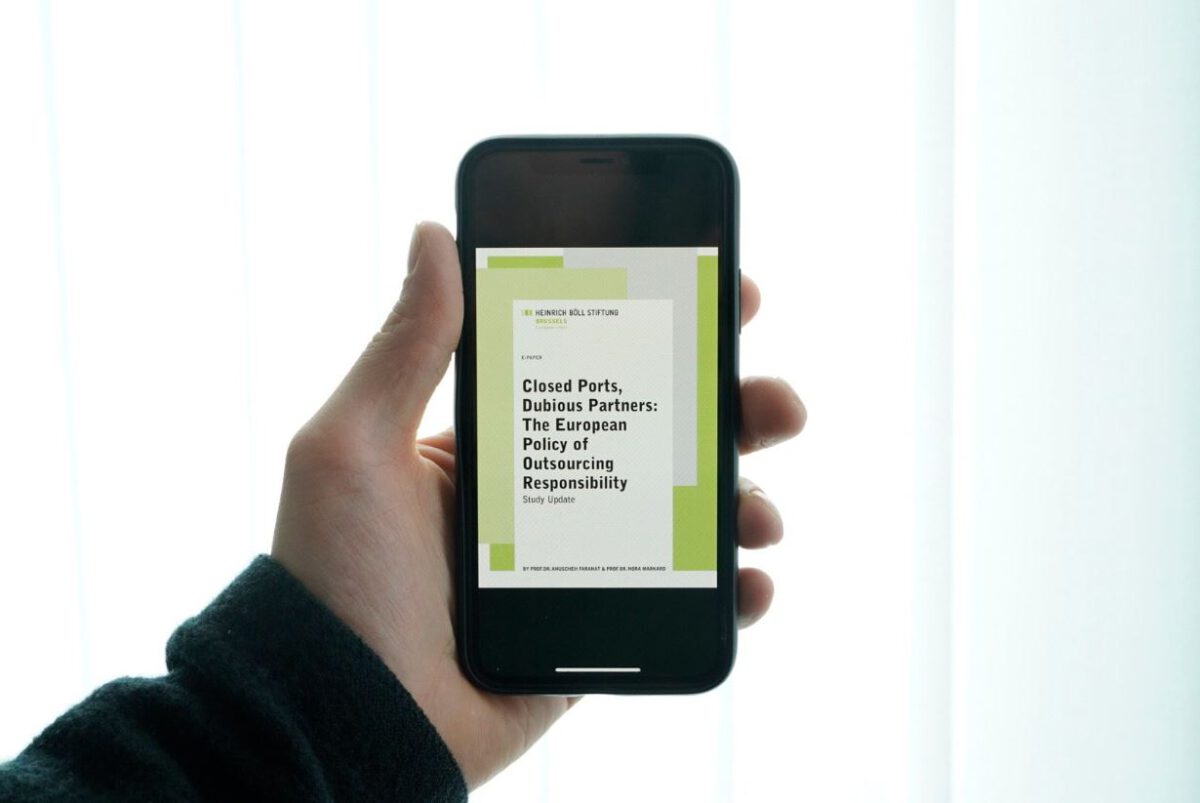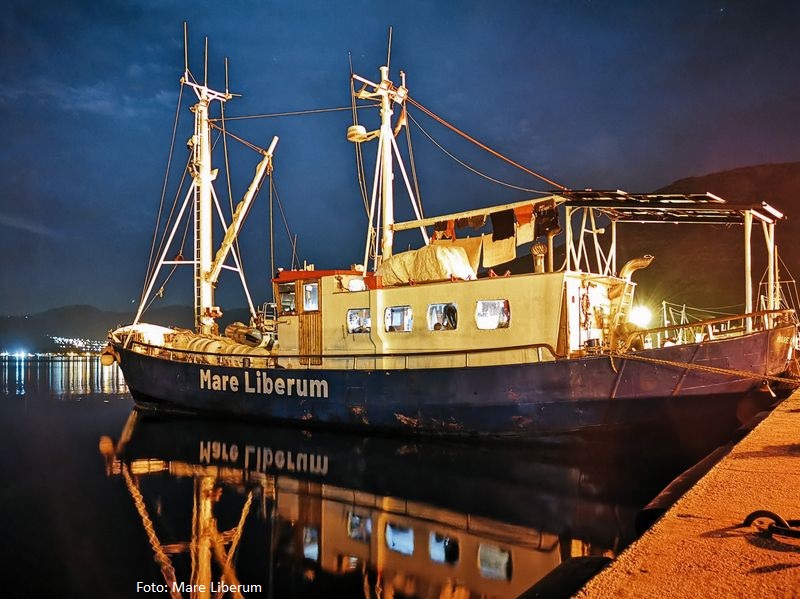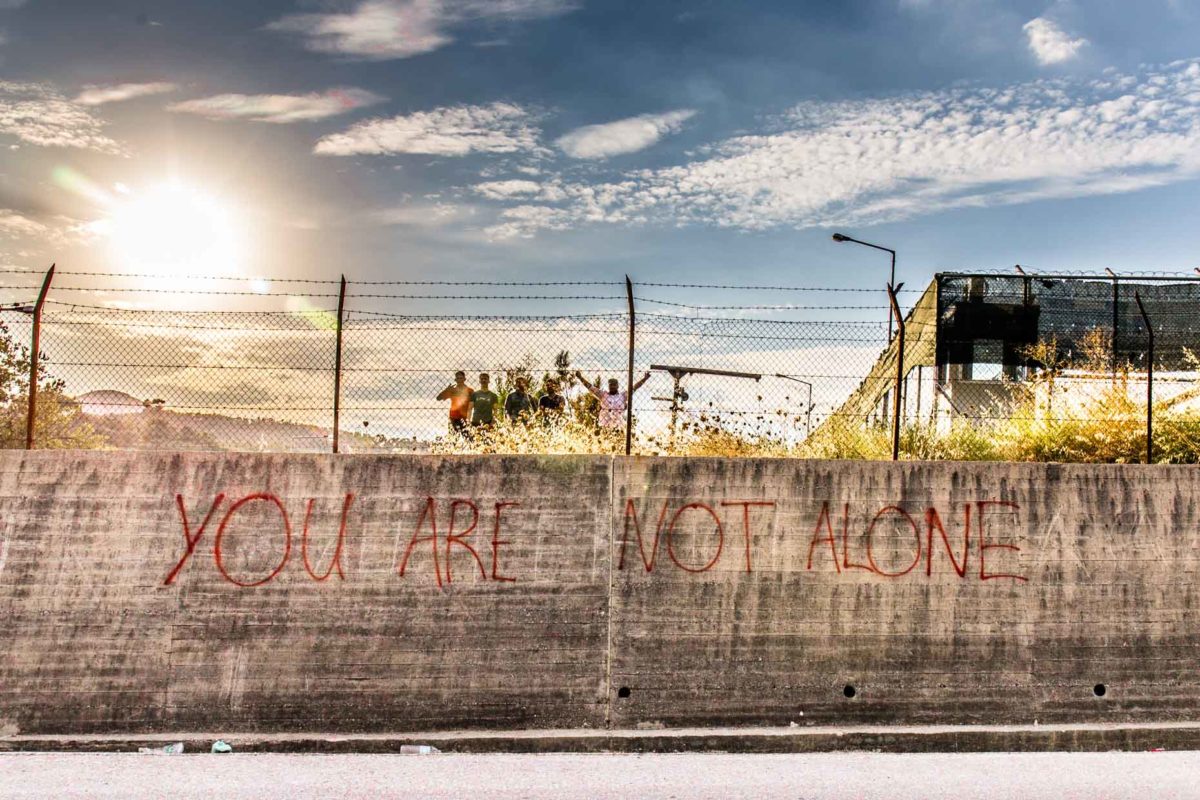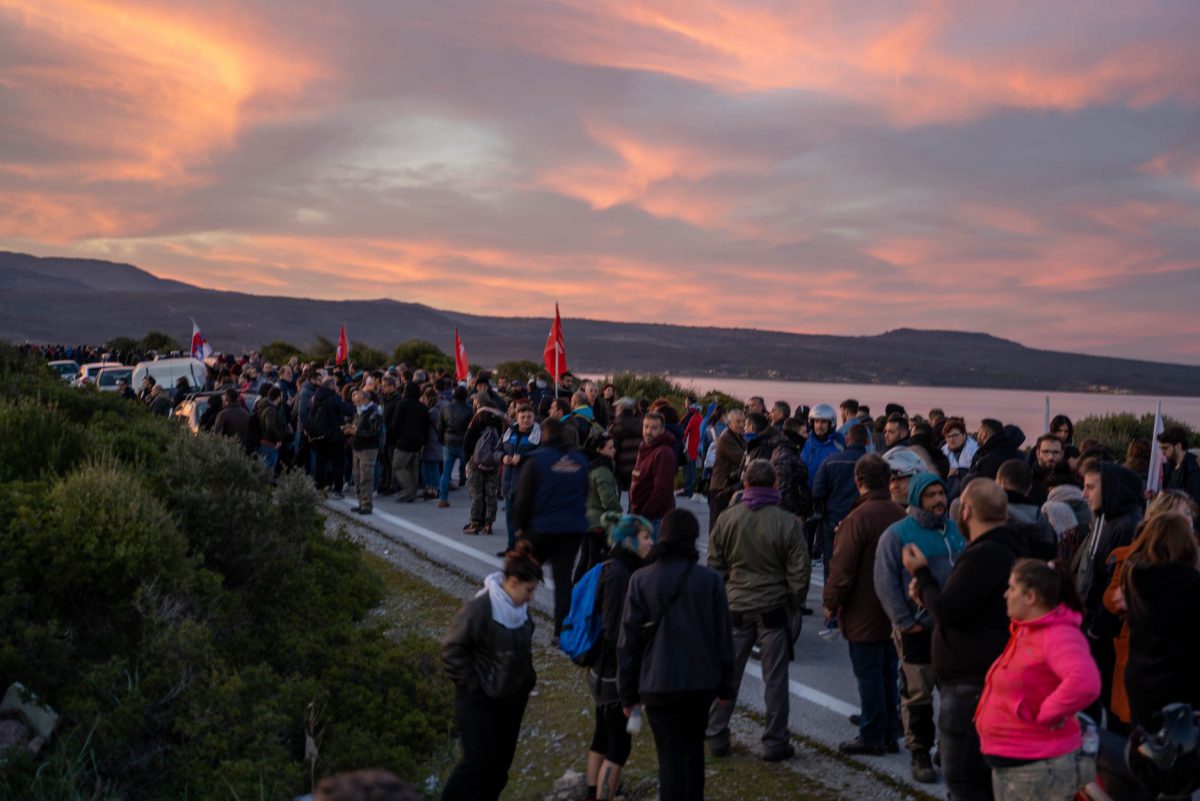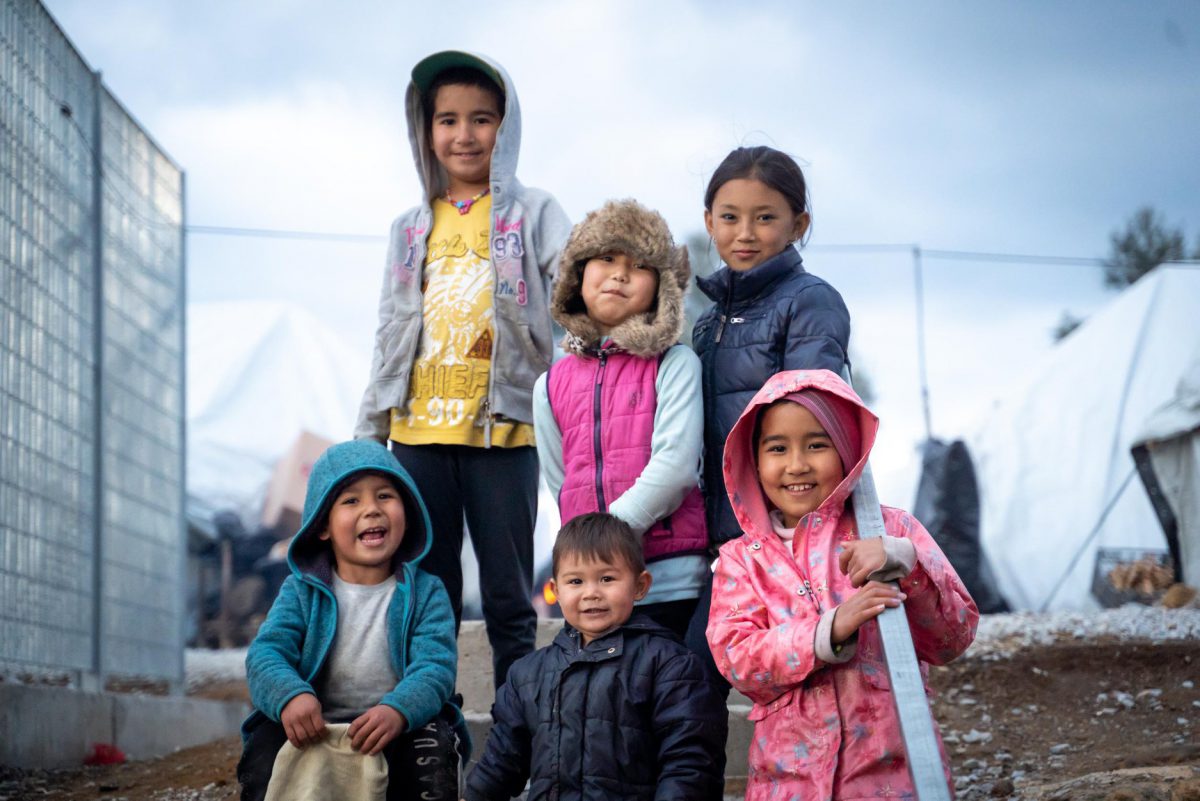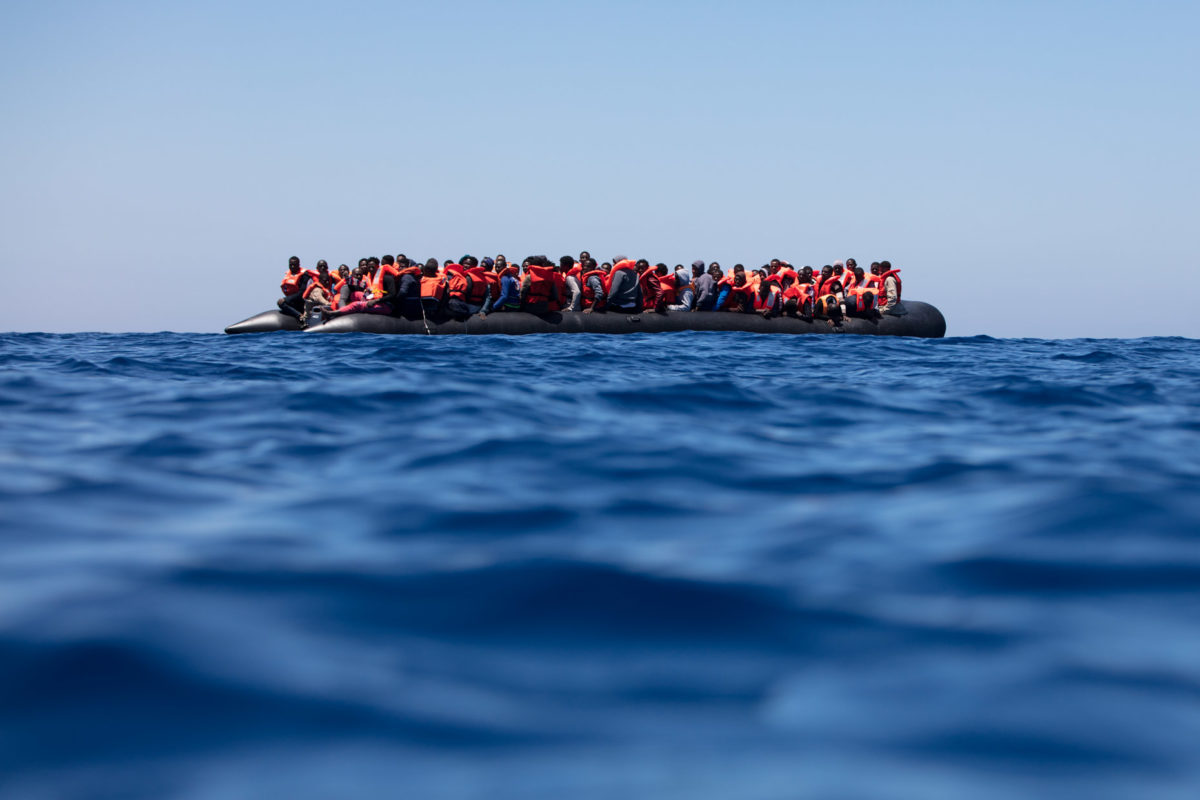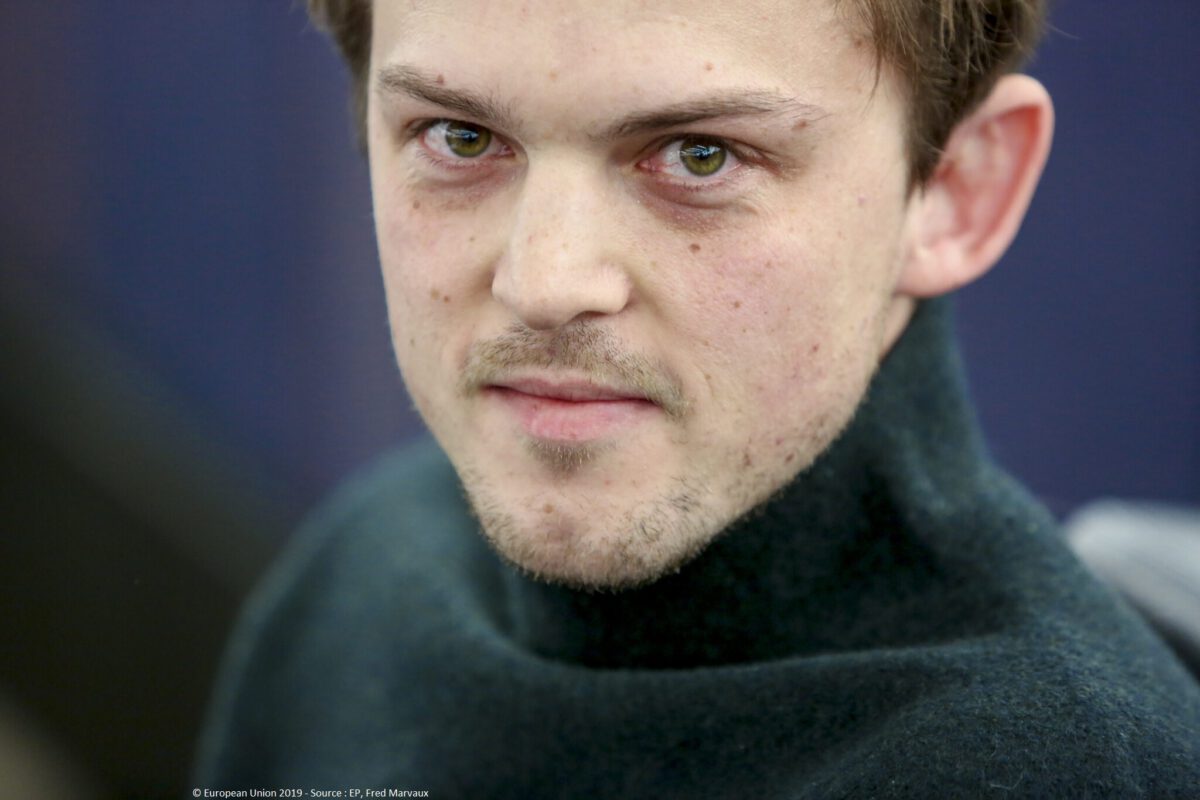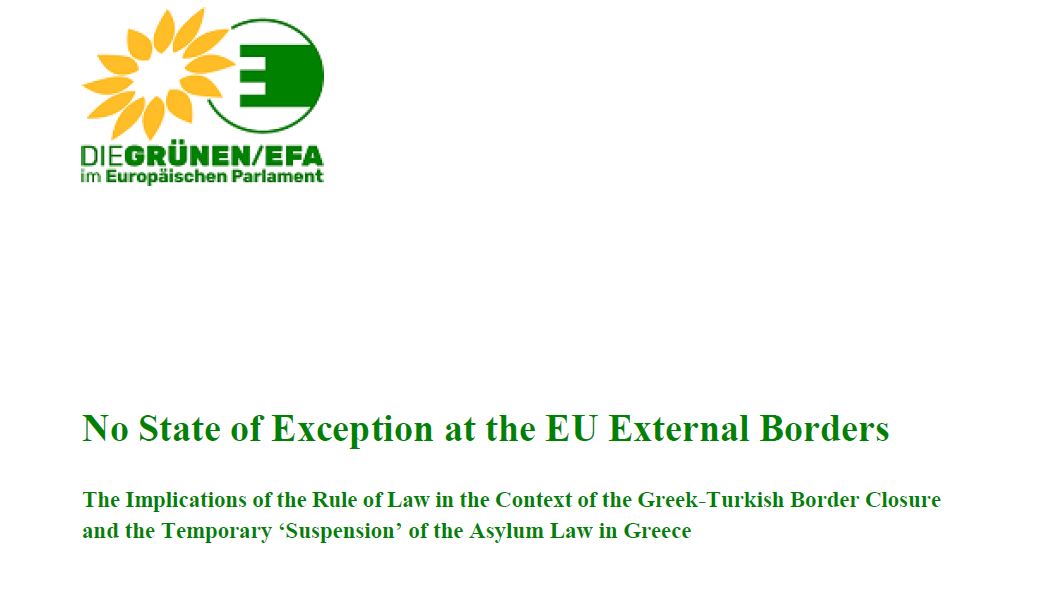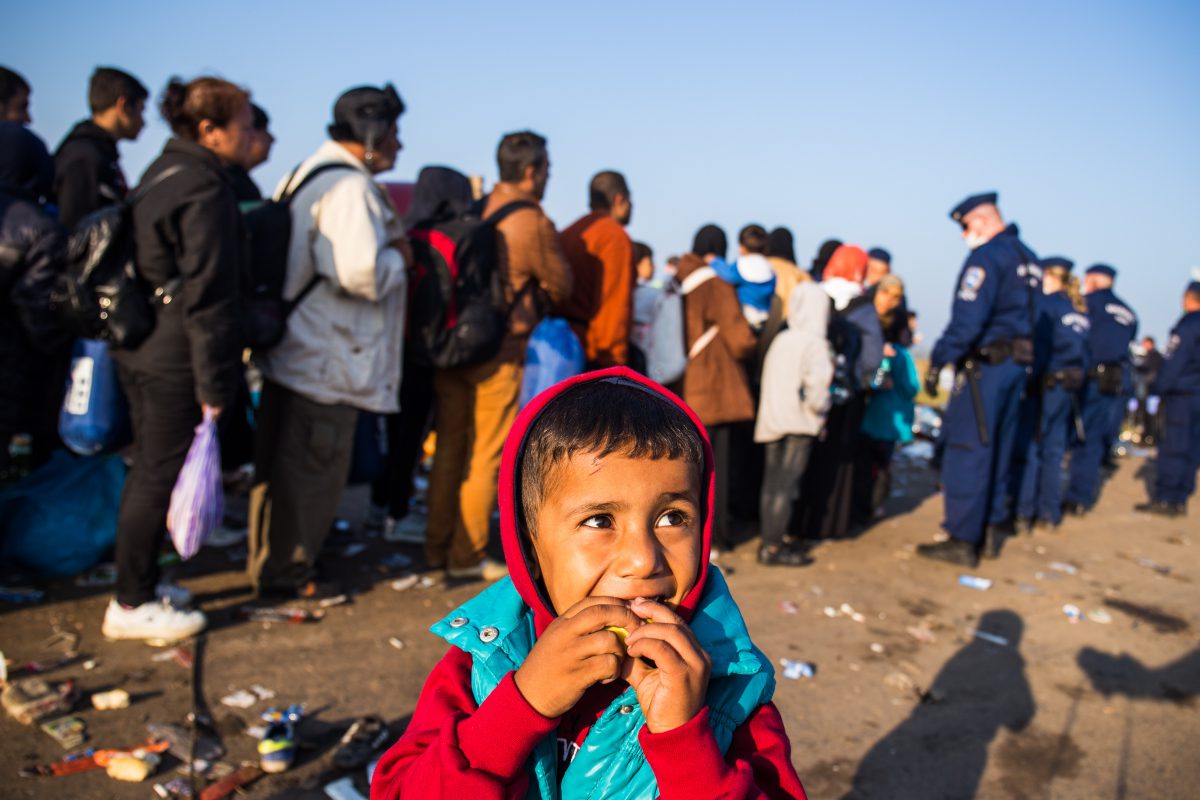Worldwide, 79.5 million people are on the run. These are the causes
The UN refugee agency UNHCR on Thursday released the Global Trend Annual Report. It is the most important overview of flight and displacement worldwide.
The current report shows that 79.5 million people are currently on the run. That is 8.7 million more than in the previous year, more than twice as many as eight years ago and three times as many as after the end of the Second World War. About one in a hundred people in the world are on the run. Around 40 percent of them are under the age of 18.
46 million people are internally displaced, sheltering in other regions of their country. Turkey (3.6 million) has received the most refugees from abroad. It is followed by Colombia (1.8 million), Pakistan (1.4 million) and Uganda (1.4 million). According to UNHCR, there are currently 1.1 million refugees living in Germany. Less than ten percent of all refugees live in Europe.
Most refugees who are outside their country of origin come from Syria (6.6 million), Venezuela (3.7 million), Afghanistan (2.7 million), South Sudan (2.2 million) and Myanmar (1.1 million). According to UNHCR, these five countries alone account for 68 percent of all refugees living outside their home countries.
The causes of flight can be roughly divided into four categories War and violence, Human rights, poverty and climate flight subdivide. For each of these points I have written down something briefly here.
War and violence
War and violence are the main reason why people have to leave their homes. In Syria, after nine years of war, a large part of the population is on the run, while a sustainable peace is not in sight. The UN High Commissioner for Human Rights Seid Ra’ad al-Hussein described the Syrian war in March 2017 as a "the worst man-made disaster since the end of World War II."
Most Syrian refugees are located in the country itself and in neighbouring countries. So they stay close to home. The poor conditions in the refugee camps, the cold, the lack of food and also the little prospect of a quick return, then led some to also make their way to the EU.
Most asylum seekers in Germany come from Syria, Afghanistan and Iraq - i.e. states in which armed conflicts continue to prevail. These are people whose lives are threatened in their homeland or who, for example, evade military service for inhuman regimes. They also include wealthy people who leave everything behind in order to live in peace elsewhere.
German companies sometimes profit directly from war and destruction. Germany exports weapons and armaments worth several billion euros every year, including to dictatorships. According to the current SIPRI Annual Report Germany was the world's fourth largest exporter of arms and armaments between 2015 and 2019. Germany also exports weapons to countries such as Turkey, who used German Leopard 2 tanks in their invasion of Syria in violation of international law.. The former German Development Minister Dirk Niebel (FDP) moved to the German arms company Rheinmetall as a consultant immediately after leaving office.
Poverty
Round According to Unicef, 2.2 billion people have no access to clean drinking water. The number of people living in extreme poverty will increase due to the global economic crisis caused by Corona. according to the UN and the World Bank, by up to 60 million increase. The achievement of the UN development goals is thus once again moving into the unattainable distance.
The fact that many people have to leave their homeland is also related to our economic system. Thus, especially many people from the small Gambia come to Europe and Germany. There again many can fishermen can no longer secure their livelihoods because the coasts of European companies are empty. be fished.
Human Rights
Many people live in states that unfree and in which they are subject to political persecution or persecution on account of their opinions or their ethnic, religious, cultural or sexual identity. Homosexuality is criminalized in dozens of states, and at least twelve states homosexuality is punishable by death. In 69 states, according to Reporters without Borders "bad" or "very bad" about freedom of the press.
Minorities such as Yezidis in Iraq, Kurds in Turkey, Rohingya in Myanmar, but also Roma in Europe, are denied basic human rights because of their membership in a group. A relatively large number of refugees come from Eritrea, where they flee from so-called "military service", which is often nothing more than forced labour. Meanwhile, it is absurd that with EU funds will be used to finance projects to combat the causes of flight in Eritrea.but in which forced laborers are used.
Climate Escape
Climate change will force many people to leave their homes. Some because their homes will be flooded, others because their fields will dry up. The accumulation of natural disasters means that even more people will be permanently displaced from their homes.
The World Bank expects 140 million climate refugees by 2050, with all other conditions remaining the same. The IOM already estimated in 2008 the number of climate refugees in 2050 to be up to 200 million. And even if we succeed in limiting global warming to "only" two degrees, the Climate Council IPCC that it could lead to 280 million Climate refugees by the year 2100 is coming.
In January 2020 the UN Human Rights Committee found for the first time that the climate crisis can be a reason for asylum and people should not be deported, in case of climate-related danger. So far, neither international nor national asylum rules generally recognise climate change as a reason for flight.
The countries most affected are among the poorest in the world. Positive development will hardly be possible for the people there if the climate catastrophe hits them hardest. This results in instability, which can lead to further causes of flight and thus to further indirect climate refugees. Thus, especially unstable regions also suffer from water shortages, which leads to more conflict, which leads to more people fleeing.
